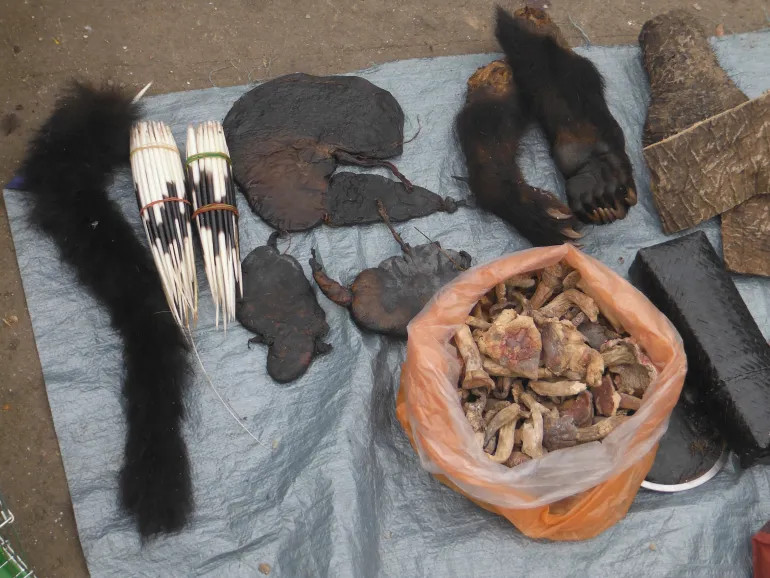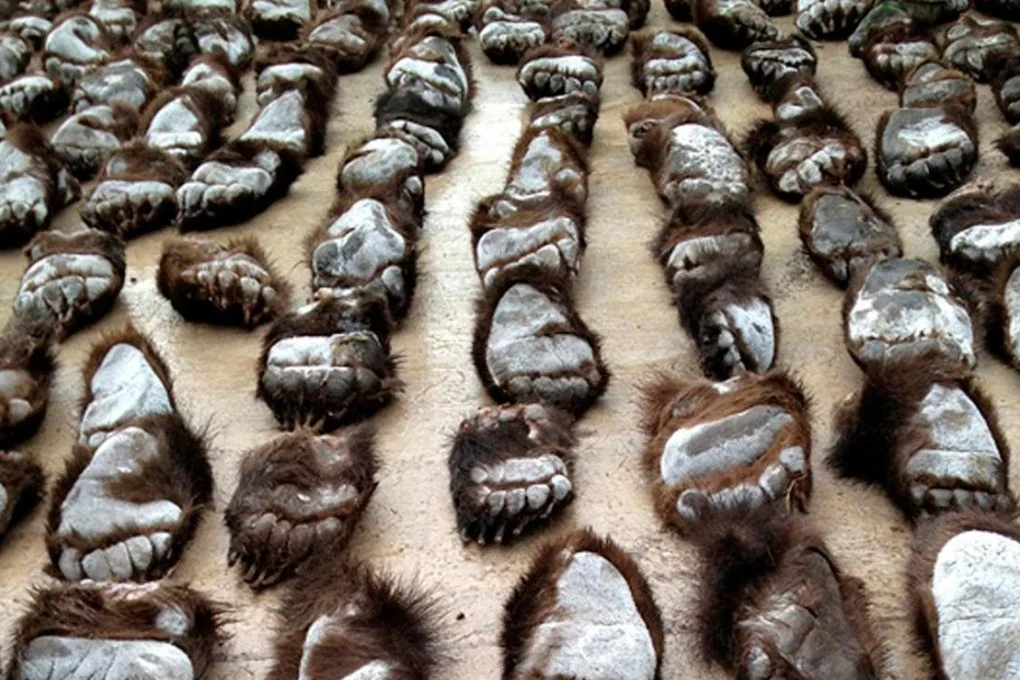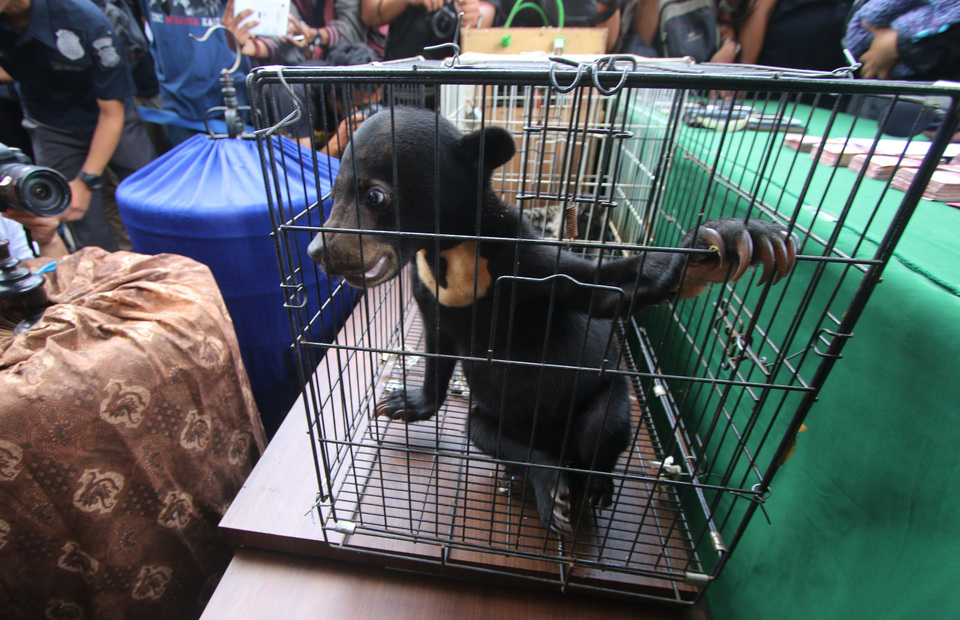All species of bears are threatened by illegal trade for their parts, used as trophies, for consumption and for use in traditional medicines. The experts at Monitor Conservation Research Society (Monitor) have carried out research and enforcement support to counter the illegal trade in bears, especially, but not limited to, Asia, over the past few decades. One of the greatest obstacles in countering the illegal international trade in bear parts and derivatives is the lack of effective use of the Convention on International Trade in Endangered Species of Wild Fauna and Flora (CITES). With 185 members, CITES is the world’s leading convention in place to regulate and control the international trade in wildlife – including all eight species of bears. Conf. 10.8 (Rev. CoP14) in 2007, noted that
“the continued illegal trade in parts and derivatives of bear species undermines the effectiveness of the Convention and that if CITES Parties and States not-party do not take action to eliminate such trade, poaching may cause declines of wild bears that could lead to the extirpation of certain populations or even species”
and recognised that
“long-term solutions for the protection and conservation of bears require the adoption of substantive and measurable actions.” It further urged parties to carry out a number of actions and recommended that Parties “review and strengthen measures, where necessary, to enforce the provisions of the Convention relating to specimens of species included in Appendices I and II, where bear parts and derivatives are concerned and further that Parties and States not-party, as a matter of urgency, address the issue of illegal trade in bear parts and derivatives.”
Monitor has found that at least some Parties to the Convention involved in illegal and/or unsustainable trade in bear parts and derivatives have not taken significant actions to address this problem or to follow up on the recommendations of Conf. 10.8 (Rev. CoP14). There has been no systematic review of the actions taken by Parties on this matter and therefore no accountability. The team has secured funds from Bears in Mind to allow them, working with partners, to investigate this issue and to carry out a review of actions prior to the coming Conference of the Parties of CITES, which will be held in Uzbekistan in November 2025.
We believe that the effective implementation of Conf. 10.8 (Rev. CoP14), and the continued monitoring of progress on this issue is absolutely essential to making CITES an effective tool for bear conservation and that the lack of implementation not only undermines the Convention but also undermines efforts and opportunities to ensure international illegal and unsustainable trade is not a threat the conservation of bears.





